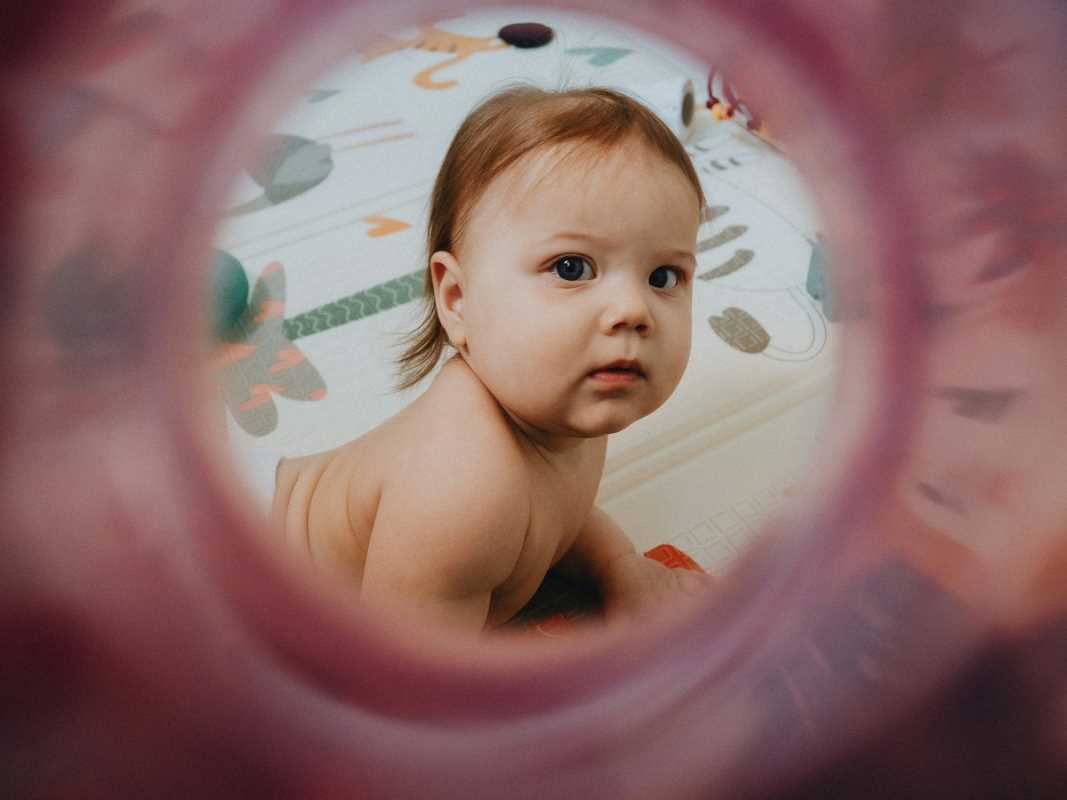Getting ready to welcome your baby is one of the most exciting times in life, but it can also feel a little overwhelming—especially when you realize there’s so much to prepare (and you’re probably running out of energy by the third trimester). Your hospital bag? It’s like your survival kit for one of the most incredible moments of your life. Packing it ahead of time will give you one less thing to stress about when it’s go-time. Trust me, you don’t want to be scrambling to throw items in a bag between contractions!
Here’s a simple guide to packing that perfect hospital bag, with a checklist to cover what you’ll need for yourself, your baby, and your partner. Plus, I’ll sprinkle in some tips I learned the hard way so you don’t have to.
When to Start Packing Your Hospital Bag
The general rule of thumb is to have your bag packed and ready to go by 35–36 weeks into your pregnancy. Babies have their own schedules, and you’ll want to be prepared just in case your little one decides to arrive early. If you’re having a high-risk pregnancy or scheduled induction or C-section, you may want to pack even earlier.
A good tip? Use a lightweight rolling suitcase or duffle bag that’s easy to grab when it’s time to rush out the door. Keeping your hospital bag near the door (or even in the car) can give you peace of mind knowing it’s ready to grab whenever you need it.
Now, here’s everything you’ll want to have packed:
For Mom
Your comfort is key during your hospital stay! While hospitals provide some essentials, having your own things can make the experience much more enjoyable.
Labor and Delivery Essentials:
- Hospital gown (optional): The hospital will give you a gown, but if you prefer something more comfortable, opt for your own birthing gown. Look for one with snaps or access for monitors and epidurals.
- Non-slip socks or slippers: You’ll be walking around during early labor, so comfy footwear is a must.
- Robe: A cozy robe can make you feel more at home and is great for those chilly hospital rooms.
- Hair ties and headbands: Nothing’s worse than having hair in your face while in labor—keep extras packed just in case.
- Lip balm: Hospital air can be incredibly dry, and this was one of those little things I was so grateful to have.
- A water bottle with a straw: Hydration is key during labor, and a straw makes it easier to take sips no matter how you’re positioned.
- Snacks and drinks: Labor is hard work, and while some hospitals allow light snacking, these will definitely come in handy after delivery. Think granola bars, nuts, or dried fruit for quick energy boosts.
Postpartum Recovery:
- Comfortable underwear: High-waisted, full-coverage underwear are lifesavers for holding those giant postpartum pads in place.
- Maternity pads or adult diapers: The hospital provides pads, but if you have a preference or feel more secure with your own, pack a few.
- Nursing bras or tanks: If you plan on breastfeeding, bring a couple of comfy nursing bras or tank tops with easy access.
- Breast pads: Even if you’re not breastfeeding, you may need pads to manage leakage.
- Loose, comfortable clothing: Think cozy joggers or leggings, a soft nightgown, and tops that don’t cling.
- Toiletries: Don’t forget travel-size shampoo, conditioner, body wash, toothpaste, toothbrush, deodorant, a hairbrush, and whatever else you need to freshen up. Facial wipes were a game-changer when I was too tired for a full skincare routine.
- Your own towel: Hospital towels tend to be small and scratchy, so bringing your own can feel luxurious.
- Peri bottle: Most hospitals will provide one, but if you want an upgrade, get one designed with a curved spout (it’s a postpartum game-changer).
Personal Touches:
- Phone and charger: Extra-long cords (10 feet or so) are great since hospital outlets are often far from the bed.
- Bluetooth speaker or headphones: Whether you want to listen to soothing music or pump up an empowering playlist, this is a must-have.
- Books, magazines, or entertainment: Labor can sometimes be a waiting game, and something to occupy your mind can help.
- Birth plan and important documents: Have a folder with your ID, insurance card, and birth plan ready for quick access.
- Extras: Bring a small extra bag for hospital freebies, like diapers, mesh underwear, and postpartum supplies—they’ll come in handy once you’re home.
For Baby
The star of the show only needs a few essentials, but having these items ready will ensure a smooth transition home.
- Onesies and sleepers: Pack two to three options in different sizes (newborn and 0–3 months), as it’s hard to predict how big your baby will be.
- Going-home outfit: Choose something cozy yet Instagram-worthy (if that’s your thing!) for those precious first family photos.
- Swaddle or receiving blankets: Great for keeping baby snug and warm during their hospital stay or trip home.
- Mittens and hats: Newborns get cold easily, and mittens can also prevent them from scratching their faces.
- Diapers and wipes: The hospital usually provides these, but it never hurts to have extras on hand.
- Car seat: Make sure it’s installed ahead of time and properly fitted. The hospital won’t release you without it!
Optional but practical:
- Infant nail clippers or a file: Those tiny nails can be surprisingly sharp!
- Formula and bottles: If you’re planning to formula-feed or want to be prepared just in case, bring a small supply.
For Your Partner
Your partner plays a huge role during labor and delivery, but they often get overlooked when it comes to hospital bag planning. Here’s what they’ll need:
- Snacks and drinks: They’re going to burn calories right alongside you, so pack some energy-boosting options.
- Comfortable clothes: Layers are a good idea, as hospital rooms can be unpredictable. Don’t forget sweatshirts, comfy pants, or PJs for overnight stays.
- Toiletries: Toothbrush, toothpaste, deodorant, and maybe even a travel-size dry shampoo. Nobody feels their best after an all-nighter in a hospital chair!
- Blanket and pillow: Hospital bedding is... functional but not great. A small pillow or travel blanket can make a big difference.
- Phone, charger, and camera: Your partner will likely be in charge of capturing those first precious moments.
- Entertainment: A book, tablet, or headphones can pass the time while you rest.
Pro tip for partners? Pack a small bag separate from the main one so they don’t have to dig through everything in search of their essentials.
Extra Tips for Staying Organized
- Use packing cubes or ziplock bags. Keep items grouped into categories (e.g., “Baby’s Clothes” or “Postpartum Recovery”) to make everything easy to find.
- Double-check your hospital’s policy. Some hospitals provide more supplies than others, so ask ahead of time to avoid overpacking. For example, many supply diapers but not wipes.
- Plan for the unexpected. An extra outfit or two for everyone goes a long way if your stay ends up being longer than anticipated.
Lastly, take the time to double-check your bag with your partner before packing—having that second pair of eyes can catch anything you forgot.
Walking into the hospital, knowing you have everything you need packed and ready, is such a comforting feeling. This moment is incredible, life-changing, and yes, slightly nerve-wracking, but being prepared with the right essentials will help you focus on what really matters: welcoming your sweet baby into the world.
 (Image source: Midjourney)
(Image source: Midjourney) 





